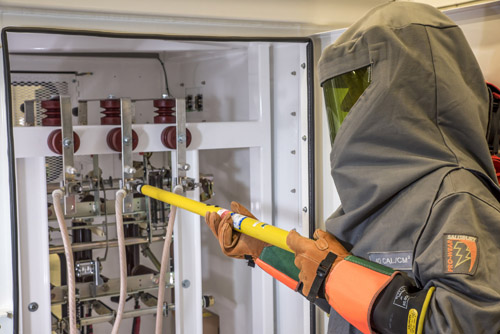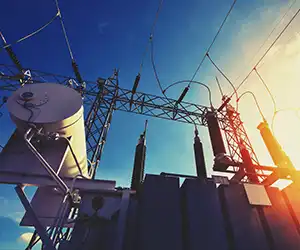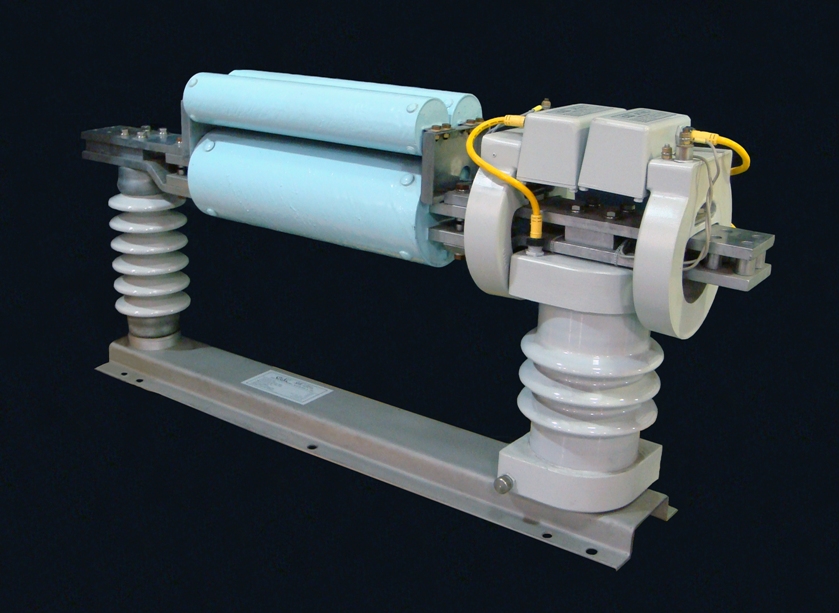Emergency Power Supply: Backup Electricity Explained
By R.W. Hurst, Editor

UPS System Training
Our customized live online or in‑person group training can be delivered to your staff at your location.
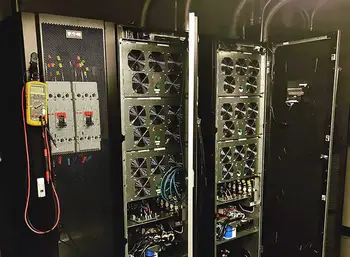
- Live Online
- 12 hours Instructor-led
- Group Training Available
Download Our OSHA FS3529 Fact Sheet – Lockout/Tagout Safety Procedures
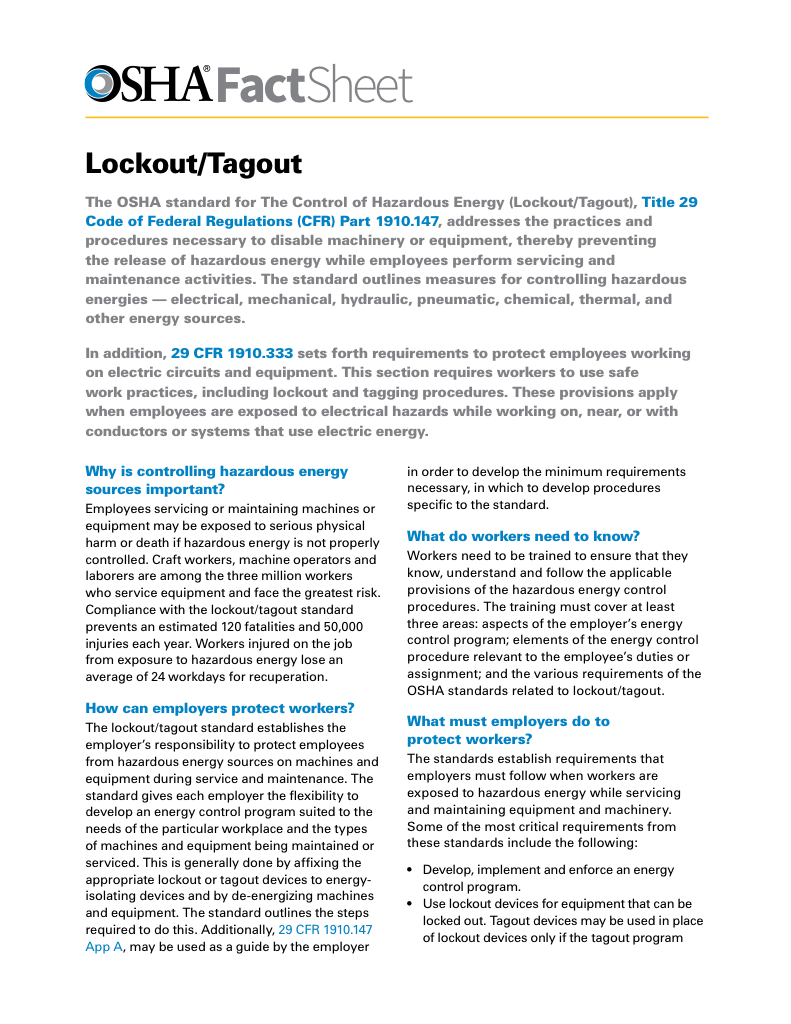
- Learn how to disable machines and isolate energy sources safely
- Follow OSHA guidelines for developing energy control programs
- Protect workers with proper lockout devices and annual inspections
Emergency power supply systems provide backup electricity during outages to maintain critical operations. Common in hospitals, data centers, and industrial facilities, they ensure electrical reliability and safety in emergencies.
What is an Emergency Power Supply?
An emergency power supply is a system designed to deliver electricity when the main power source fails.
✅ Provides backup electricity during outages to maintain safety and operations
✅ Supports essential systems like alarms, elevators, and life-support equipment
✅ Uses generators, batteries, or UPS systems to ensure uninterrupted power
Emergency Generator Standby Power Training
Power Quality Analysis Training
Request a Free Emergency Generator Training Quotation
An emergency power supply (EPS) is essential for maintaining electricity when an outage or natural disaster disrupts the grid. It's essential to have a backup supply to ensure that your home or business has electricity when it's needed the most. Several emergency supplies are available, including generators, uninterruptible power supply (UPS), battery backup, and portable supplies. Proper voltage compliance is critical when integrating emergency power systems into sensitive electrical infrastructure.
During power outages, having access to backup power is essential for maintaining safety and comfort. Battery packs and portable power stations offer convenient solutions by supplying temporary electricity to essential devices and appliances. These systems are especially useful in areas prone to frequent outages, providing reliable, portable, and rechargeable backup power when the grid fails.
Backup electricity is essential to ensure you have an emergency supply. Generators are a popular backup option due to their reliability and output. A gas-powered generator can provide electricity to larger appliances and tools that require more energy, but it can emit fumes and require regular maintenance. A UPS can deliver electricity for a short period, typically a few minutes to a few hours, depending on the battery size and usage. A battery backup system is another option that keeps small appliances and tools running during an outage.
Test Your Knowledge About Generators/UPS!
Think you know Generators/UPS? Take our quick, interactive quiz and test your knowledge in minutes.
- Instantly see your results and score
- Identify strengths and areas for improvement
- Challenge yourself on real-world electrical topics
Portable supplies are a versatile and eco-friendly option for emergency power supply. A portable generating station is a large battery that can be charged using solar power panels, a wall outlet, or a car charger. They are typically small and lightweight, making them easy to transport and store. Portable stations come equipped with USB ports, AC outlets, and other connectors, allowing them to feed small appliances, electronic devices, and tools. In addition, these devices are eco-friendly when charged using solar panels or other renewable energy sources. If you're planning large-scale installations, review best practices for designing data center UPS infrastructure to ensure reliability and scalability.
Emergency Power Supply Comparison Table
| Type | Power Source | Typical Use | Duration |
|---|---|---|---|
| Generator | Diesel or Natural Gas | Hospitals, Commercial Buildings | Hours to Days |
| UPS (Uninterruptible Power) | Battery | Data Centers, Control Rooms | Minutes to Hours |
| Battery Backup | Rechargeable Battery | Home Electronics, Security | Minutes to Few Hours |
| Solar Backup | Solar Panels + Battery | Off-grid Homes, Emergency Use | Variable (Weather-Based) |
Preparedness is crucial in the event of outages. First, planning and understanding your emergency power supply needs during an emergency is essential. Having a plan in place for how you will use your EPS during an outage is also necessary. Finally, I'd like to emphasize that periodically testing your EPS to ensure it functions correctly and the battery is fully charged is crucial.
Standby electricity is another backup option to consider. Standby systems are typically permanent fixtures installed in a home or business and automatically activate during an outage. Standby systems can keep your entire home or business running for an extended period, making them a reliable emergency power supply source.
Emergency lighting is another aspect of an emergency power supply. Adequate emergency lighting during an outage is crucial for safety reasons. A UPS, battery backup system, or generator can supply emergency lighting.
Having an emergency power supply is crucial for anyone who wants to be prepared for emergencies. There is an EPS solution for every need and budget, from generators and UPS systems to portable stations and solar panels. Planning and understanding your EPS needs during an emergency is crucial to ensure that your EPS will keep your home or business running smoothly when the grid goes down. With proper emergency power sources, you can rest assured that you will always have electricity when you need it most. When considering a source of energy, learning how a generator works helps you make informed decisions for emergency use.
Frequently Asked Questions
What is an emergency power supply, and how does it work?
An emergency power supply is a backup source that can provide electricity during an outage or emergency. It converts stored energy into usable electricity when the primary energy source fails. Emergency power supplies can take various forms, ranging from gas generators to battery backup systems, and can energize different devices and appliances depending on their capacity. To optimize long-term performance, compare UPS devices using real-world UPS ratings and manufacturer specifications.
How Long Does an EPS Last?
The length or period of time that an EPS can last varies depending on the type of energy source, the amount of energy being used, and the capacity of the supply. Gas generators, for example, can provide energy for several hours or days, depending on the amount of fuel available.
What Are the Different Types?
There are several types of systems available, including:
-
Generators - Gas generators are a popular backup option due to their reliability and output.
-
Uninterruptible Power Supply (UPS) - A UPS is a battery backup system that provides electricity for a short period, typically ranging from a few minutes to a few hours, depending on the battery size and usage.
-
Battery Backup - A battery backup system is another source of electricity that can keep small appliances and tools running during an outage.
-
Portable Supplies - Portable, large stationary lithium-ion batteries that can be charged using solar panels, a wall outlet, or a car charger.
Facilities with DC equipment may benefit from integrating a DC generator into their backup systems.
How Do I Choose the Right System for My Needs?
Choosing the right emergency supply depends on several factors, including the devices you want to use the time you need electricity, and your budget. Gas generators are a good option for larger appliances and tools that require more electricity, but they can be expensive to operate and emit fumes. Battery backup systems and portable units are better for smaller devices and have the added advantage of being eco-friendly. A UPS is an excellent option for serving critical systems such as computers and servers during an outage.
FREE EF Electrical Training Catalog
Download our FREE Electrical Training Catalog and explore a full range of expert-led electrical training courses.

- Live online and in-person courses available
- Real-time instruction with Q&A from industry experts
- Flexible scheduling for your convenience
What Maintenance and Testing is Required?
Maintaining and testing your emergency power supply is crucial to ensure it works correctly when needed. Gas generators require regular maintenance, including oil changes and filter replacements, to ensure optimal performance. Additionally, battery backup systems and portable stations should be charged periodically to ensure the battery is fully charged and functioning properly. It's also important to regularly test your EPS to ensure it functions properly and provides the necessary electricity during an outage.
Are There Any Safety Concerns?
Yes, there are safety concerns when using an emergency power supply. Gas generators emit fumes that can be harmful if not used in a well-ventilated area. They should also be kept away from flammable materials and never used indoors. Battery backup systems and portable stations should be handled with care to prevent overheating or damage to the battery. Always read the manufacturer's instructions and follow safety guidelines when using an EPS.
How Can I Integrate One into my Business's Emergency Preparedness Plan?
Integrating an emergency power supply into your business's emergency preparedness plan is crucial to ensure that your business can continue to operate during an outage. First, consider the critical systems and devices' needs, and ensure that your EPS can provide enough electricity to keep them running. Next, how you will use your emergency supply during an outage and test it regularly to ensure it works correctly. Finally, train your employees on the proper use of the emergency supply and any safety concerns associated with it.
Related Articles





